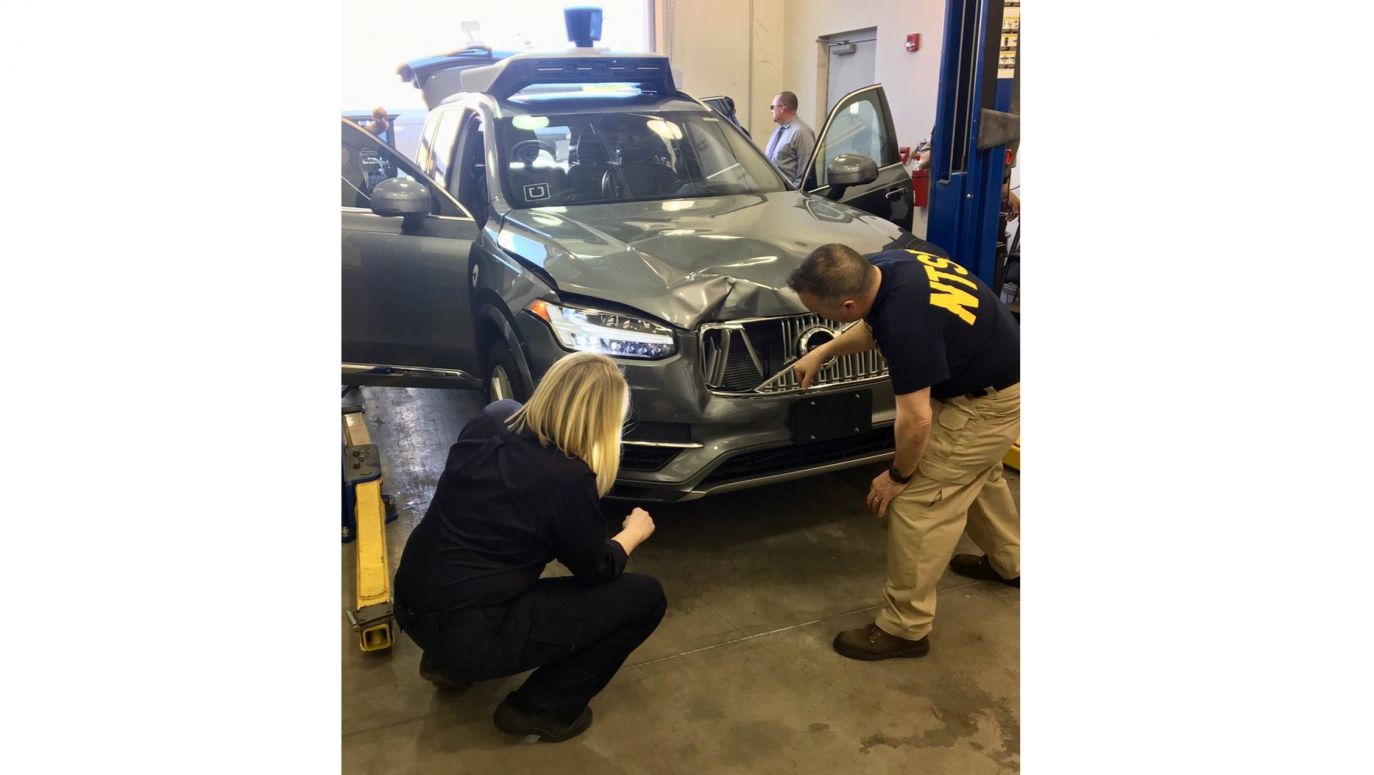The local Californian press reported further accidents with Cruise taxis: one (with passengers on board who were injured in the accident) did not understand the topic of giving way to a fire truck driving at an absolutely breakneck speed towards a fire during a driving school course, and another bumped into other driver who, as if nothing had happened, entered the intersection on a red light. Well, how could he! Therefore, the problems are not only technical, as the Internet or GPS may fail, and a blackout may also happen in California - or elsewhere.
Driving school will be a great reference for me here, because I'm a bad driver and I don't have this “something” in my genes that allows me to be better. There, they teach that the most important thing is not the road signs (except STOP and red lights), but the ability to anticipate the behaviour of other road users. And you can't teach someone this - you can only make one aware about it.
 SIGN UP TO OUR PAGE
SIGN UP TO OUR PAGE 
Of course, it is checked at a deeper level (or at a very shallow level), through medical examinations, whether a given human individual has good enough eyesight and enough intelligence to be able to do what a robot is clearly not yet capable of doing. Namely, to step into another person's shoes, to this basic humility that says that if I make mistakes along the way, others can make them as well. If I can be in a hurry, then others can probably be in a hurry too. And since I can't even hear the ambulance siren very well, but I can already see in a rear view mirror that vehicles are making strange movements when entering the roadside, I do the same. Robots still don't have intuition.
And that would be only the first part, because, of course, before the Cruise company (which is an annex of General Motors) started properly, it had already banned the operation of its taxis in San Francisco unless there was a driver inside who could replace this autonomous robot when needed – like when the vehicle is out of network, idea or intuition. It will be like a driving instructor, who sits next to you with an additional side mirror, clutch and brake, and is able to use the gearbox with his left hand. What will he do when this taxi drives autonomously... hopefully he won't be bored, like a driver from Wrocław recently, who was caught in a - fortunately - harmless collision because he was watching porn while driving.
The second part of the matter is the psychological issues surrounding the term: responsibility. The risk of an accident itself is a part of everyday life and it is impossible to live without being at risk. To repeat the banal conclusions of defenders of increasing the share of robotics in our everyday life: we do not give up knives, food processors, cars or planes, or even nuclear power plants, because accidents involving them occur.
Of course, driverless taxis from the other company, Google, can still operate safely in San Francisco, while other cities, such as Los Angeles, are introducing such pilot programs, despite the protests of residents. Being at the forefront of global information technology and robotics is a commitment. Today, there are 125 vehicles of this type, made by Cruise, Waymo and Volkswagen ADMT, on the streets of the Texas capital, Austin. So far, they have not caused any injuries to pedestrians, cyclists or scooter drivers.


 SIGN UP TO OUR PAGE
SIGN UP TO OUR PAGE 




